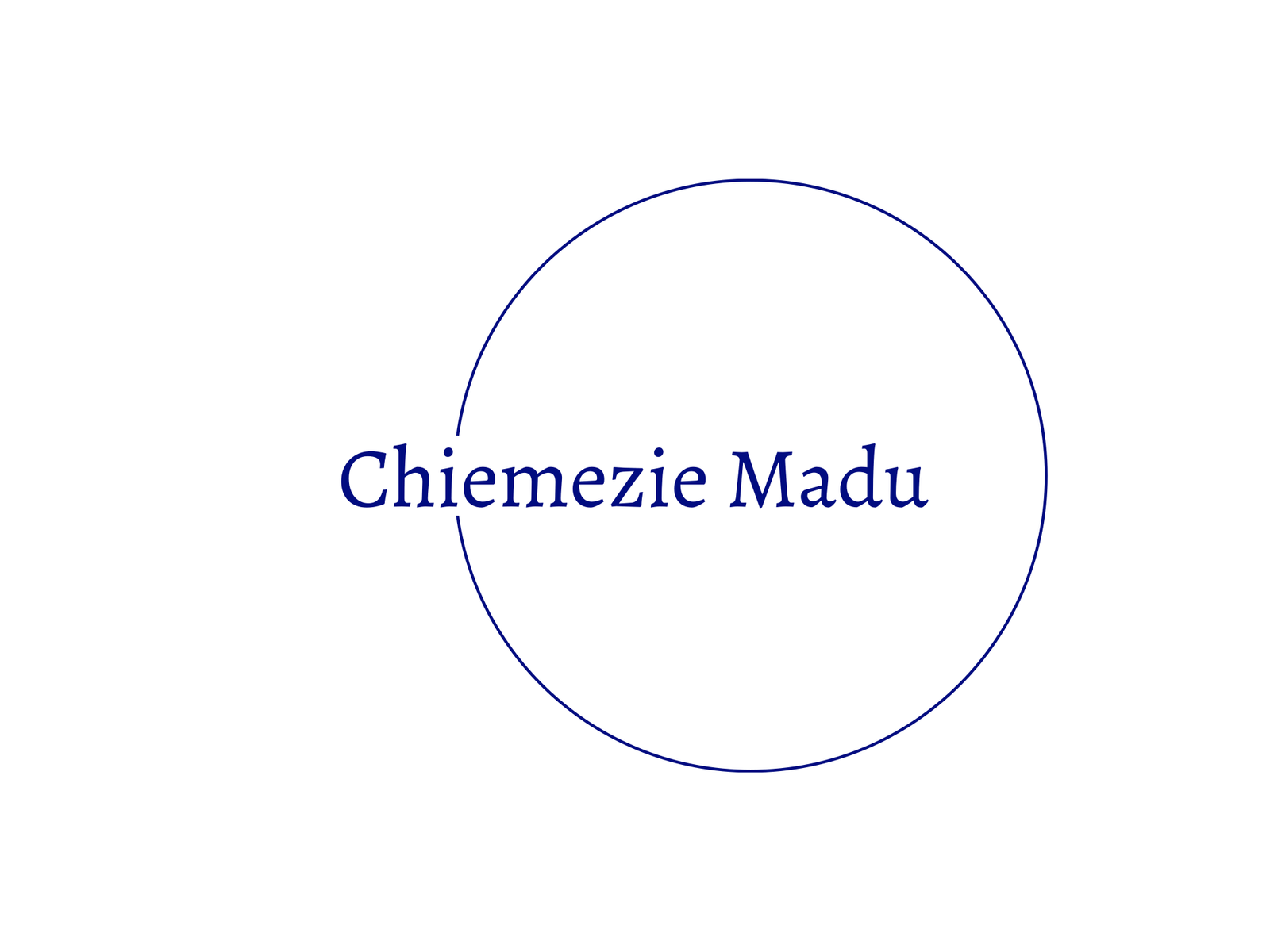I clearly recall my first experience at resuscitation. It was at night, in my first week as a house officer, fresh from medical school. A young lady, ravaged by AIDS and Tuberculosis, and as thin as the shadow of a hair had just given up the ghost and I was called in immediately by the nurse on duty. As is the culture in Nigerian hospitals, every attempt must be made to keep a patient alive, no matter the case. Death is not acceptable. It doesn’t matter if the patient is a cancer-ridden 100-year old with no quality of life left, or a terminally ill one, like mine. One is expected to at least be seen to ‘do something’ to bring the patient back to life.

So I jumped on her chest and started compressions (CPR). With each compression, I could feel her ribs crack under the weight of my arms. Of course she didn’t survive. When I was done with my showmanship I informed the nurse and her family that she was dead. Of course, she was dead a long time ago.
I recall many other futile attempts at resuscitation. It is not uncommon for nurses to call on doctors to resuscitate lifeless patients they found during their early morning rounds: the patient having probably been dead hours earlier. Or doctors expected to perform resuscitation in the most inappropriate of settings, such as in a rural primary health center with no chances of getting transferred to an Intensive Care Unit.

I contrast these examples with the practice in more developed countries where dying is viewed as a process and death an anticipated event. Long before a patient dies, discussions must have taken place between the medical team and the patients as well as their families on whether or not they would like to be resuscitated in the event of their death. For most older people, terminally ill patients, or patients with incurable diseases, the decision is usually straightforward, that is, not for resuscitation. These ‘end-of-life’ discussions are clearly documented and signed by both parties (the medical team and the patient) and filed in the patient’s clinical notes.

Whenever death occurs, the doctor walks in and certifies the patient dead. Even in death, the patient remains dignified. There is no dramatization of prolonging the patient’s life knowing fully well that all efforts at such will be futile. The prior acceptance that the patient would soon pass away, prepares the relatives for the inevitable and eases the grieving process. This psychological preparation is very important.
I think the difference in these experiences of death and dying lie in how different cultures view death. For some it is an absolute evil that must be avoided and averted at all costs while for others, it is the anticipated end of a memorable journey. Some approach it thoroughly unprepared, and I dare say afraid of the mere mention of it. Others accept it as an inevitability, one whose course they cannot alter. They believe that all life has an end, death.

There is a question physicians often ask patients; ‘In the event that your heart stops beating, would you like us to jump on your chest and try to restart it’? I have had to ask this question too on many occasions, and some replies give me a cause for reflection. One pleasant gentleman, in his eighties and in his sickbed yet full of life, said to me, ‘O God No. I’ve had a good life and I’ve met good people. I am ready to go now.’ We both laughed. I always stop to ask myself if I could provide the same answer with such conviction if asked a similar question. The boldness and courage with which Caucasians approach death baffles me, I must confess.
It begs the question of what life really is. How long can we live? What exactly about death are we afraid of? That we would miss our time on earth? I doubt, because even people living in misery are scared of dying. Or is it just the fear of the unknown? I would tend to agree with this. Religion has created two final destinations, heaven and hell (represented differently in various religions). I think the fear of death stems from the fear of hell.
‘True’ faithfuls of any religion for instance, die with the unwavering conviction that they would end up in a better place, hence they tend to accept death better. Atheists are the same. They believe neither in heaven nor in hell. So when death comes knocking, they look forward to nothing. Those in between the spectrum, fear hell, hence death.

How much longer can we hold on to life? Even in the best and most advanced medical systems in the world, the success rate of resuscitation is somewhere between 10-20%. In the event that your effort to revive the patient is successful, he/she still needs to be transferred to an intensive care unit for further treatment. So why start CPR in a rural health center on a 90-year old with stroke and cancer?


This jogged my resuscitation experience.